Prominent activist dies in Saudi prison after spending 15 years behind bars
Prominent activist Musa al-Qarni has died in a Saudi prison after spending 15 years behind bars, rights groups say, highlighting the Riyadh regime’s dire human rights record.
Sanad Organization for Human Rights, which defends political and civil rights in Saudi Arabia and monitors human rights violations, said on Tuesday that 66-year-old al-Qarni died in Dhahban Prison in Jeddah.
While blaming the authorities for his death inside the prison, the organization revealed that the scholar had died inside the prison on October 9, but the Saudi authorities did not inform them of his death until Tuesday morning.
Citing unnamed sources, it said that Saudi authorities buried al-Qarni’s body without allowing his family to see him before burial.
Since a month prior to his death, Saudi authorities had held the former university professor incommunicado, barring his family from visiting and communicating with him, Sanad further said, adding that all this confirms that the regime is hiding the real reasons behind his death.
Separately, the UK-based Saudi rights group ALQST also lambasted Riyadh for al-Qarni’s death, saying on its Twitter account that he “was subjected to brutal torture, and the Saudi authorities deliberately harmed him by giving him unsuitable medication.”
“ALQST questions the causes of death & calls for an international investigation,” it added.
BREAKING: ALQST confirms the death of Dr. Musa al-Qarni in prison.
— ALQST for Human Rights (@ALQST_En) October 12, 2021
Al-Qarni was subjected to brutal torture, and the #Saudi authorities deliberately harmed him by giving him unsuitable medication.
ALQST questions the causes of death & calls for an international investigation. pic.twitter.com/55UdxBYO9E
Al-Qarni was in contact with dissident journalist Jamal Khashoggi, who was brutally killed and dismembered inside the Saudi Consulate in Istanbul in October 2018.
The Saudi rights group Together for Justice (TAJ) also condemned Saudi authorities for al-Qarni’s death, revealing that his death came “after years of medical negligence and detention in solitary confinement without any medical care by the prison authorities of Saudi Arabia.”
Al-Qarni was arrested in early February 2007 in Jeddah along with a number of his friends. They were accused of disobeying the Saudi king and plotting to oust the regime in what was known as the “rest cell” case or “Jeddah reformists.”
In 2011, the Specialized Criminal Court sentenced the “Jeddah reformers” to prison, with al-Qarni receiving 20 years. Saud al-Hashimi, who was accused of being the leader of the group, was sentenced to 30 years in prison. Fourteen others were sentenced to between five and 25 years.
Back in 2018, al-Qarni’s family said his health was deteriorating since he had suffered a stroke and had been taken to a hospital in Jeddah.
Up until now, al-Hashimi is behind bars in Saudi Arabia, and like al-Qarni, has suffered from severe health problems, alleged medical neglect, and torture.
Since becoming Saudi Arabia’s crown prince and de facto leader, Mohammed Bin Salman — also known as MBS — has attempted to change the international image of the ultra-conservative kingdom through much-publicized efforts.
However, he has simultaneously intensified a brutal crackdown on human rights activists and political dissidents. Since then, the kingdom has arrested dozens of activists, bloggers, intellectuals, and others perceived as political opponents, showing almost zero tolerance for dissent even in the face of international condemnations of the crackdown.
Muslim Saudi scholars have been executed, women’s rights campaigners have been put behind bars and tortured, and freedom of expression, association, and belief continue to be denied.
“Saudi Arabia is one of the worst human rights violators on the planet. Executions and horrific forms of torture await not just hardened criminals, but anyone who dares to speak out against the regime. And you can do little to defend yourself against trumped-up charges laid against you, thanks to an entirely unaccountable legal system,” TAJ says in the overview of its mission.
Iran FM says to issue protest to Kuwait over US aircraft downing
IRIB chief says Tehran compound hit for third time in months; broadcasts continue
US-allied fuel tanker attacked by Iran still burning in Strait of Hormuz: IRGC
Attacks on hospitals, schools ‘strike at life itself’: Pezeshkian
Iran’s attacks on US bases ‘legitimate’ response to source of aggression: Araghchi
IRGC targets US intelligence centers, military depots in 11th wave of attacks
US-Israeli attacks damage 5 hospitals, medical centers in Iran: MP
Unlike US, Iran prepared for a long war: Security chief


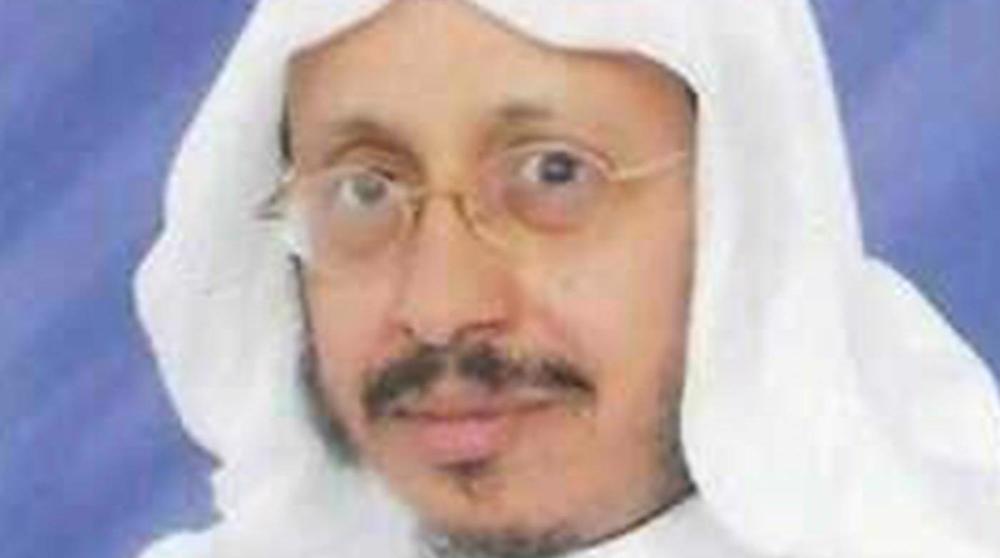
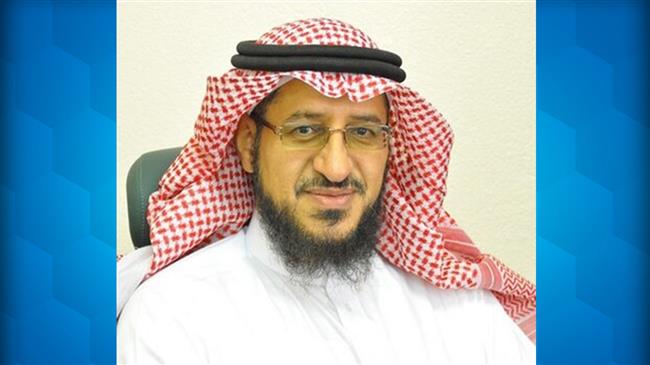
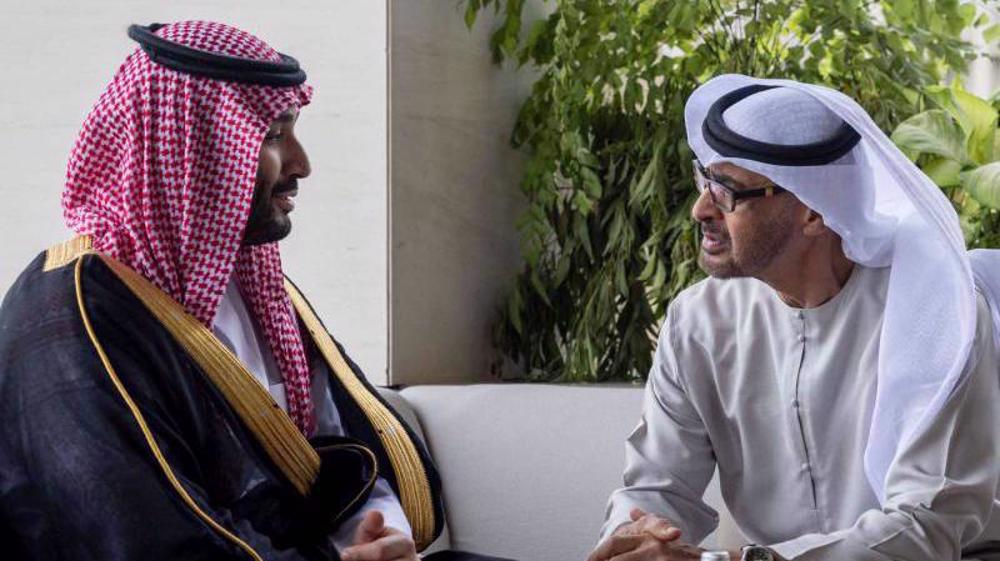
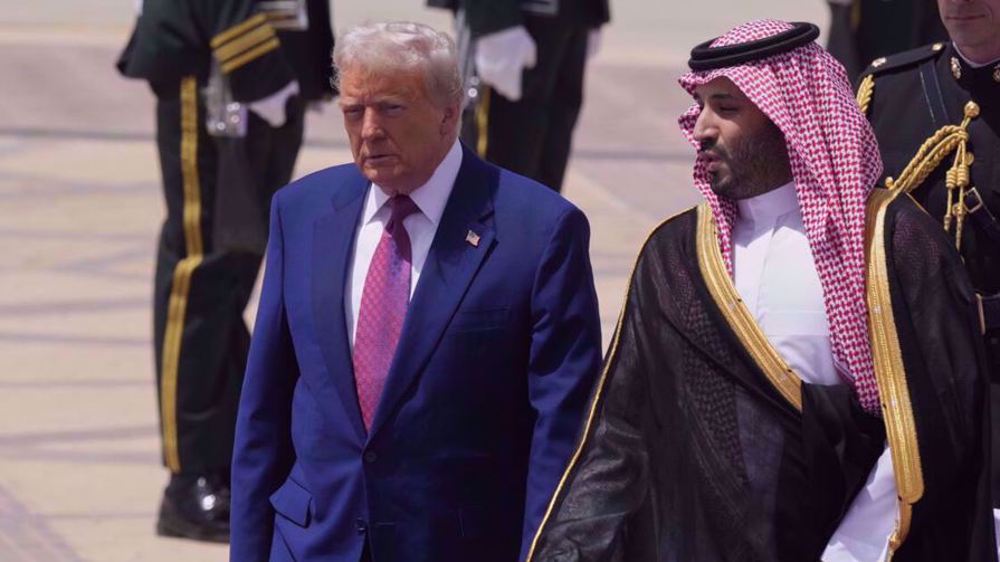
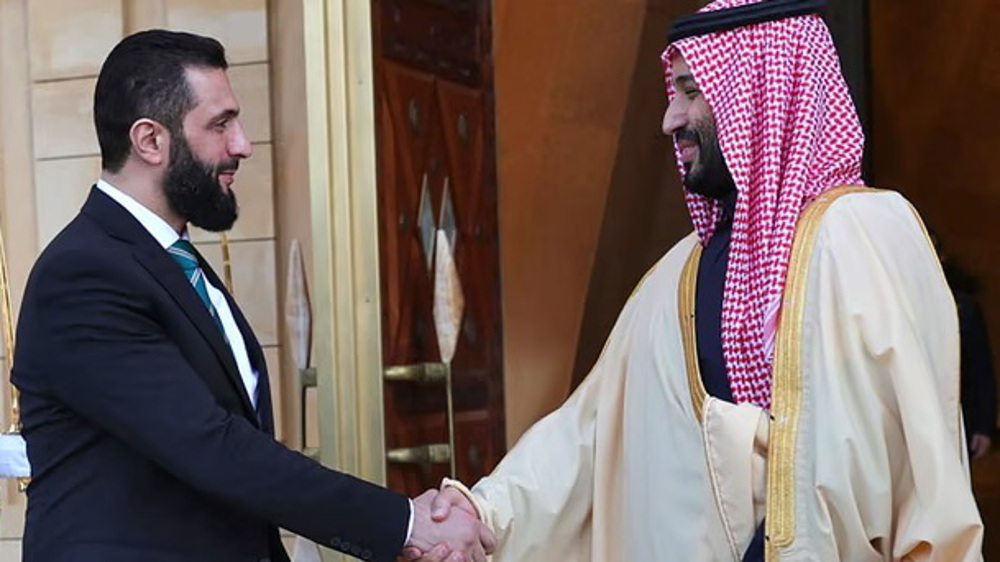




 This makes it easy to access the Press TV website
This makes it easy to access the Press TV website